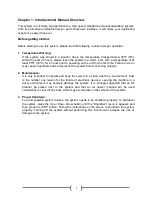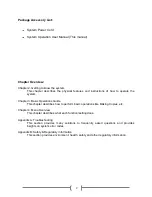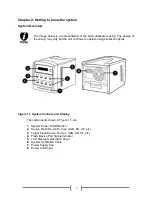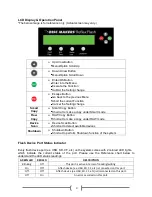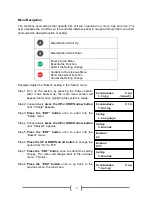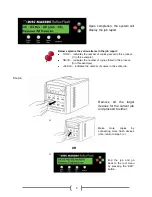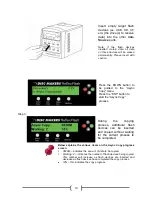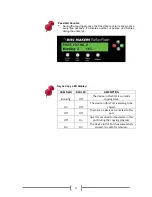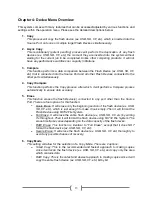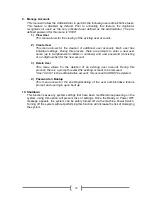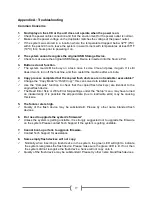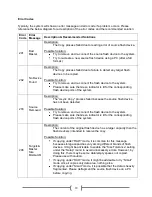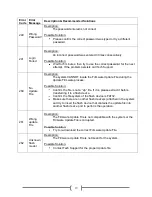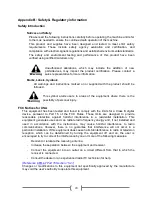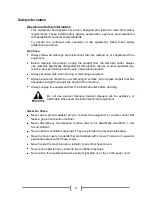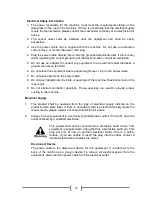
14
7. Setup
1) Language
This setting will allow you to choose the display language of the system.
2) Read Error Skip*
This setting will allow for the change to the number of times the system will skip
ahead when it encounters a reading error, while reading the original flash device
(ex. USB, SD, CF, etc). By default, the system does not skip any reading error.
Under this setting, if the system encounters any errors, it will result in an
immediate job failure.
*This function will not fix any discovered error(s); it will merely skip it and copy
the remaining data.
3) Write Error Skip*
This setting will allow for the change to the number of times the system will skip
when it encounters a writing error during the copying process. By default, the
system does not skip any writing errors. Any writing errors will result in an
immediate failure on this flash device (ex. USB, SD, CF, etc).
*This function will not fix the error; it will only skip it to write the remaining data.
4) Size Tolerance
Normally, the capacity of the empty flash devices (ex. USB, SD, CF, etc) is
required to be greater than the original flash device (ex. USB, SD, CF, etc) so
that all of the data can be copied without loss.
However, not all flash devices (ex. USB, SD, CF, etc) have identical storage
capacity, even when they are all labeled identically in terms of GB size. Thus, by
enabling the size tolerance, the system will allow the empty flash d
evice’s
capacity to be less than the original flash device by the percentage specified.
5) Buzzer
This setting will allow the choice to hear a beep sound when a button is pressed
or when a task has been completed.
6) Screen Saver
This setting will allow the choice to enable the Screen Saver feature or not. By
enabling this feature, a screen saver will be displayed when the system has been
idle for an extended period.


